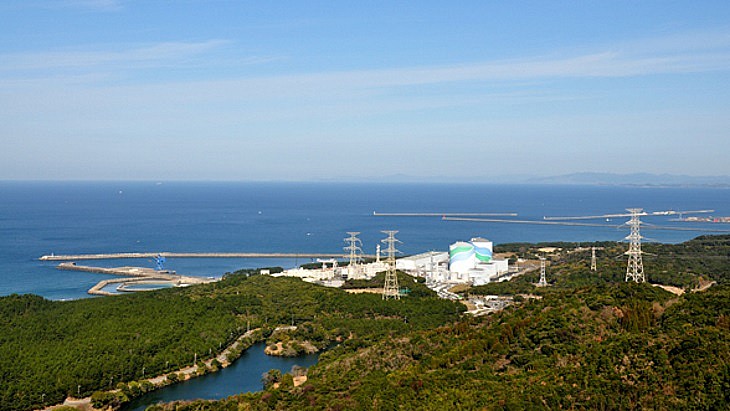
Sendai 1 and 2 - both 890 MWe pressurised water reactors - will have been in operation for 40 years on 3 July 2024 and 27 November 2025, respectively. Under regulations which came into force in July 2013, Japanese reactors have a nominal operating period of 40 years - extensions may be granted once only and are limited to a maximum of 20 years, contingent on exacting safety requirements.
Kyushu carried out special inspections starting in October 2021 to confirm the integrity of the reactor vessels of both units and found no issues likely to cause problems if the operating period was to be extended to 60 years.
The utility subsequently applied to the NRA on 12 October 2022 to extend the operation of the two Sendai units to 60 years. Amendments were made to the application on 13 September and 6 October this year.
With the NRA's approval, Sendai unit 1 will now be able to continue operating until July 2044, while unit 2 can run until November 2045.
Following the March 2011 accident at the Fukushima Daiichi plant, unit 1 of the Sendai plant, in Kagoshima prefecture, was the first reactor to be restarted, in August 2015, after new regulatory standards came into effect in July 2013. It was followed by Sendai 2 in October that year.
There are now a total of six Japanese reactors that have been approved for operation beyond 40 years. These include Mihama unit 3 and Takahama units 1 and 2, which have all restarted, as well as Tokai 2, which has not yet resumed operation.
On 21 December last year, the NRA approved a draft of a new rule that would allow the reactors to be operated for more than the current limit of 60 years. Under the amendment, the operators of reactors in use for 30 years or longer must formulate a long-term reactor management plan and gain approval from the regulator at least once every 10 years if they are to continue to operate. The new policy will effectively extend the period reactors can remain in operation beyond 60 years by excluding the time they spent offline for inspections from the total service life.
The legislation was approved by Japan's Cabinet in February and enacted in May 2023. It comes into effect in June 2025. Under the new policy - which describes nuclear power as "a power source that contributes to energy security and has a high decarbonisation effect" - Japan will maximise the use of existing reactors by restarting as many of them as possible and prolonging the operating life of aging ones beyond the current 60-year limit. The government also said the country will develop advanced reactors to replace those that are decommissioned.